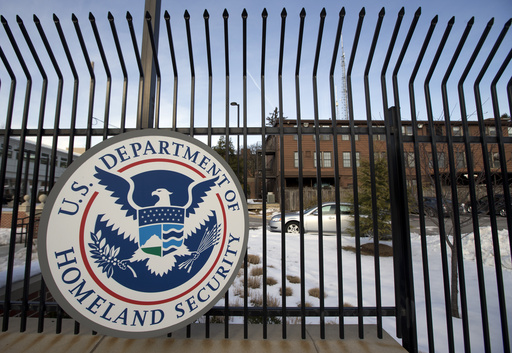The 2016 presidential campaign was marked by Russian hacking into Democrats’ email accounts, causing internal communications to be leaked, seemingly to benefit Donald Trump and harm Hillary Clinton. Despite the widespread buzz in Washington about the hacks, the investigating officials remained quiet until a brief statement was released just before the election confirming the Russian interference.
In contrast, the response to a foreign hack this year, attributed to Iran, was more prompt and transparent. U.S. security officials quickly identified Iran as the culprit, accusing Iranian hackers of targeting both major party presidential campaigns to sow discord in the American political process. This more direct response reflects a new effort by agencies to be transparent about threats and lesson learned from previous years of criticism for withholding information and being accused of political bias.
Former Department of Homeland Security official Suzanne Spaulding noted the importance of releasing information quickly to counteract U.S. adversaries’ efforts. The recent statement by security officials came shortly after the Trump campaign disclosed the breach and reports linked the attack to Iran, emphasizing the government’s commitment to transparency as a tool against foreign influence operations.
The government’s response to election threats has evolved significantly since the 2016 Russian hacking, leading to a complete reorganization in how threats against elections are tracked. The establishment of new entities like CISA and the Foreign and Malign Influence Center within the ODNI has enhanced the government’s ability to defend against digital attacks and monitor foreign efforts to influence U.S. elections.
Despite progress made in addressing threats, challenges persist. The recent suspension of the Disinformation Governance Board and legal disputes over free speech restrictions have complicated the government’s ability to collaborate with social media companies. Amid concerns about increased vulnerability and potential foreign interference, officials like Senator Mark Warner emphasize the importance of remaining vigilant and proactive in safeguarding election integrity.


